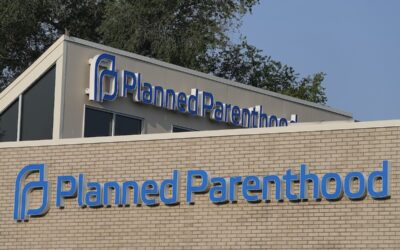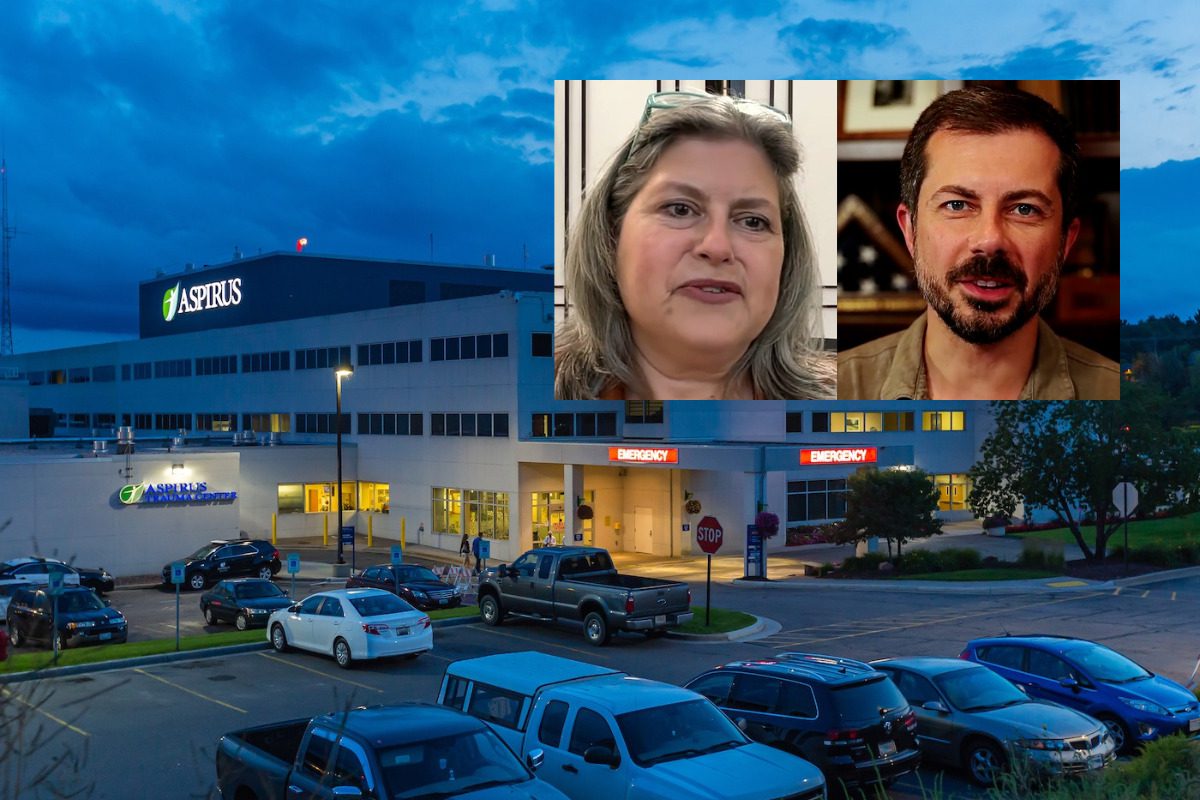
Rural healthcare faces a crisis brought on by a Republican budget bill that will make severe cuts to Medicaid, as discussed by Dr. Jill McMullen (inset left), a family practice physician in Tomah, and former US Transportation Secretary Pete Buttigieg (inset right) as part of his online video series. (Photo of Aspirus Wausau Hospital via Shutterstock)
A doctor from Tomah talks to Pete Buttigieg’s online audiences about cuts in services and longer travel times for life-or-death care.
Rural health care involves much more than Medicaid recipients, and the cuts coming to the program are going to have ripple effects that do serious damage in small communities, according to a family practice physician from Tomah speaking to former US Transportation Secretary Pete Buttigieg.
As part of an ongoing series of conversations that goes to an online audience of millions on YouTube, Substack, Facebook, TikTok and other platforms, Buttigieg has been sharing stories of Americans facing the consequences of cuts to vital services coming from President Donald Trump and Republicans controlling Congress. Buttigieg’s latest episode features Dr. Jill McMullen of Tomah talking about her concerns for the deterioration of rural health care.
UpNorthNews was given the first opportunity to broadcast excerpts from the interview on our weekday radio show, “Mornings with Pat Kreitlow.”
McMullen said hospitals will see plunging revenue when the GOP cuts to Medicaid take effect.
“Rural hospitals really aren’t making money,” McMullen said. “It’s not like it’s a great gig to go into to become wealthy. About half of rural hospitals are working on a negative margin, so they are taking in less money than they’re spending. And then you have fewer and fewer people who have coverage — more of that coverage becomes charity care or unavailable to help with their bottom line.”
“Which could become a death spiral for a rural hospital, right?” Buttigieg responded. “And it means that the sustainability of the hospital just shrinks until the hospital can’t stay open?”
McMullen said hospitals will have to cut services that will affect entire patient populations, not only those who receive Medicaid.
“So [they will] stop delivering babies, or stop having various specialists, or closing different areas of the hospital,” McMullen said.
And some hospitals will close altogether. The University of North Carolina Sheps Center for Health Services Research looked at the financial vulnerability of hospitals and identified at least 338 at highest risk for closure once cuts to Medicaid (and to premium subsidies used for the Affordable Care Act) take effect—including three in Wisconsin.
Those closures will impact more than day-to-day patient care and local employment. McMullen points out the life-or-death situations that will become more dire.
“I want people to understand that our rural hospitals are infrastructure, every 30 to 40 miles in general. And so you’re driving on vacation with your family, you have an incident, heart attack, car accident. If there is no rural hospital, that golden hour has now evaporated. Trying to get you someplace to keep you alive.”
Known as BadgerCare in Wisconsin, Medicaid is the federal government’s program to help states provide stable, affordable health insurance for Americans with low incomes or disabilities. The program recently marked its 60th anniversary.
Support Our Cause
Thank you for taking the time to read our work. Before you go, we hope you'll consider supporting our values-driven journalism, which has always strived to make clear what's really at stake for Wisconsinites and our future.
Since day one, our goal here at UpNorthNews has always been to empower people across the state with fact-based news and information. We believe that when people are armed with knowledge about what's happening in their local, state, and federal governments—including who is working on their behalf and who is actively trying to block efforts aimed at improving the daily lives of Wisconsin families—they will be inspired to become civically engaged.

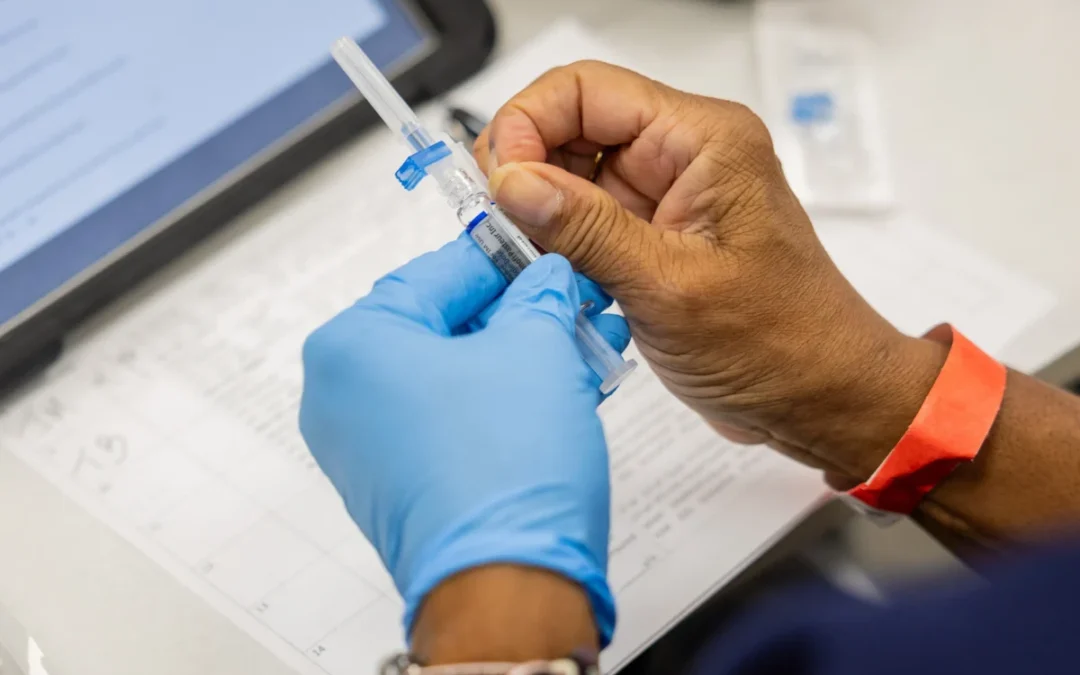
It’s almost flu season. Should you still get a shot, and will insurance cover it?
Madison Czopek, PolitiFact August 18, 2025 For parents of school-aged children, the fall to-do list can seem ever-growing. Buy school supplies. Fill...
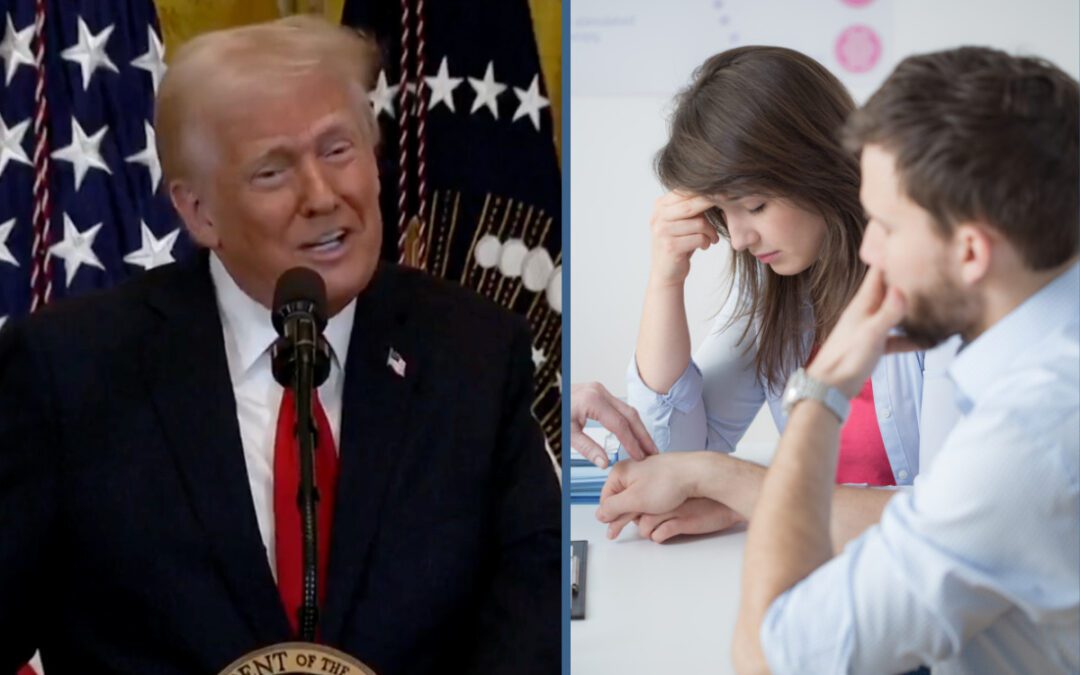
Trump’s IVF promise is being broken and will hit 175,000 Wisconsin women with fertility issues
Report says White House has no plans to press for a private insurance mandate or government support, despite repeated promises by the self-described...
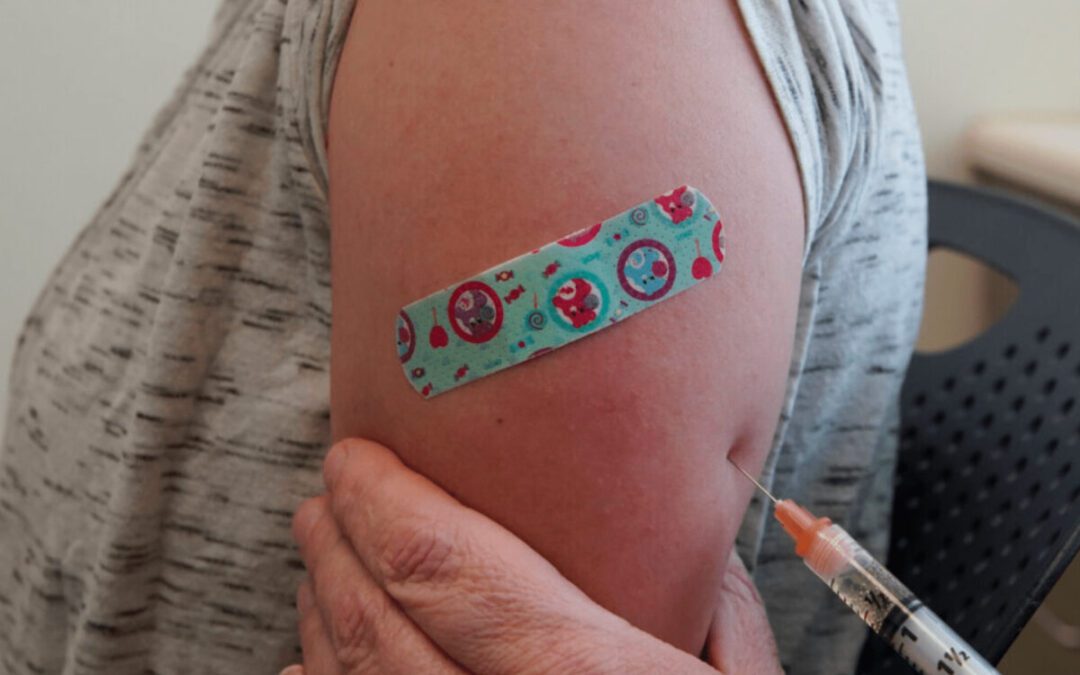
Wisconsin DHS confirms nine measles cases, urges families to get vaccinated
By: Baylor Spears The Wisconsin Department of Health Services (DHS) is urging residents to get vaccinated amid the confirmation of the first measles...
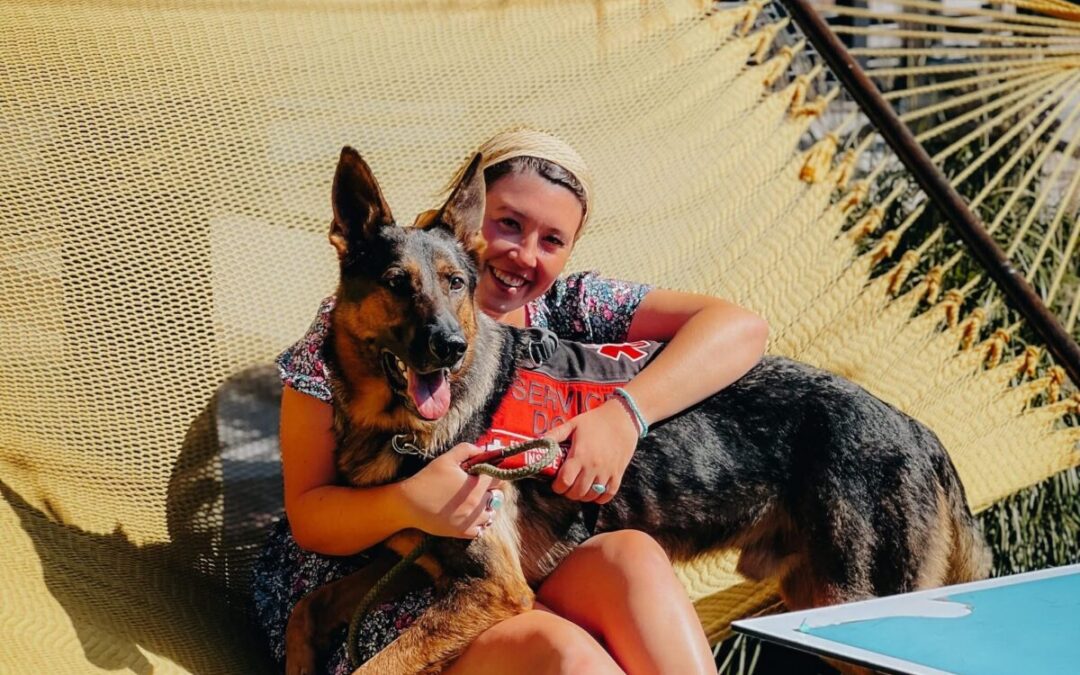
Medicaid turns from ‘a lifeline’ to a question mark for woman with chronic illness
At the age of 26, Emma Widmar has been chronically ill for more than half her lifetime. Widmar was 12 when her symptoms first showed up — severe...




